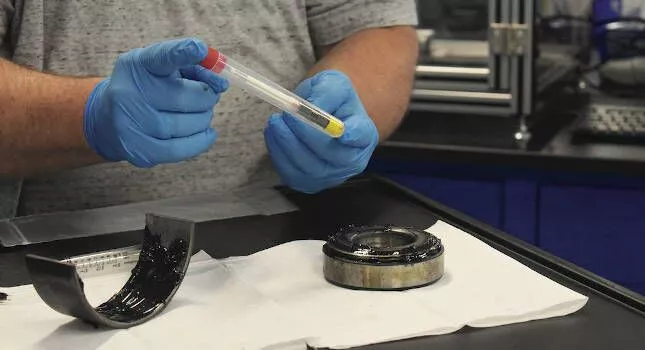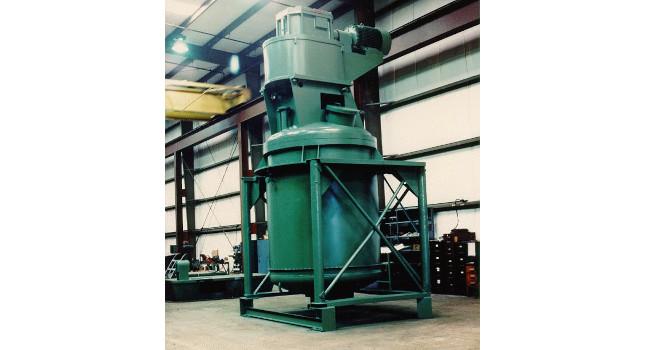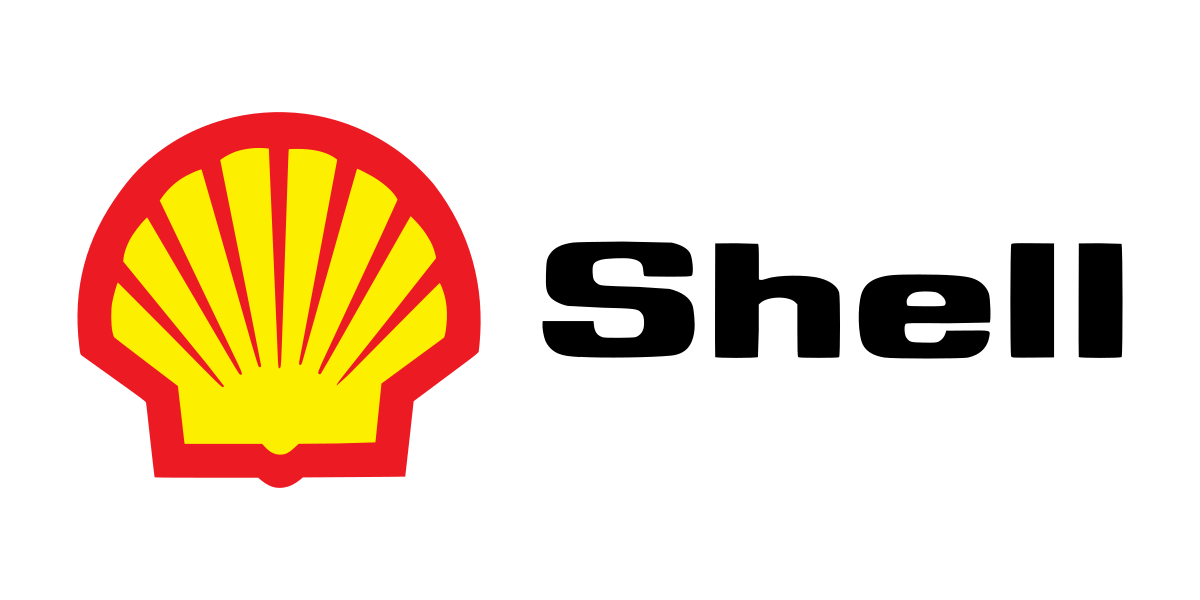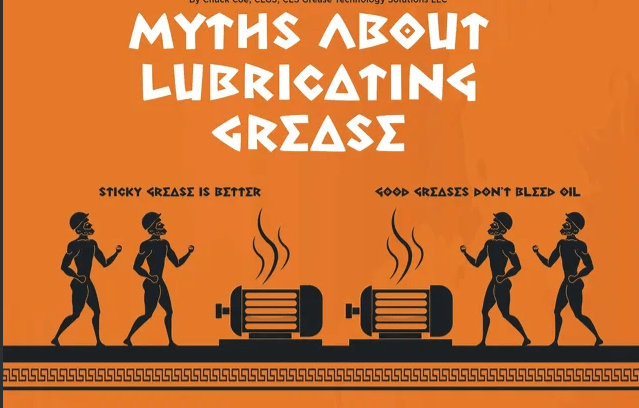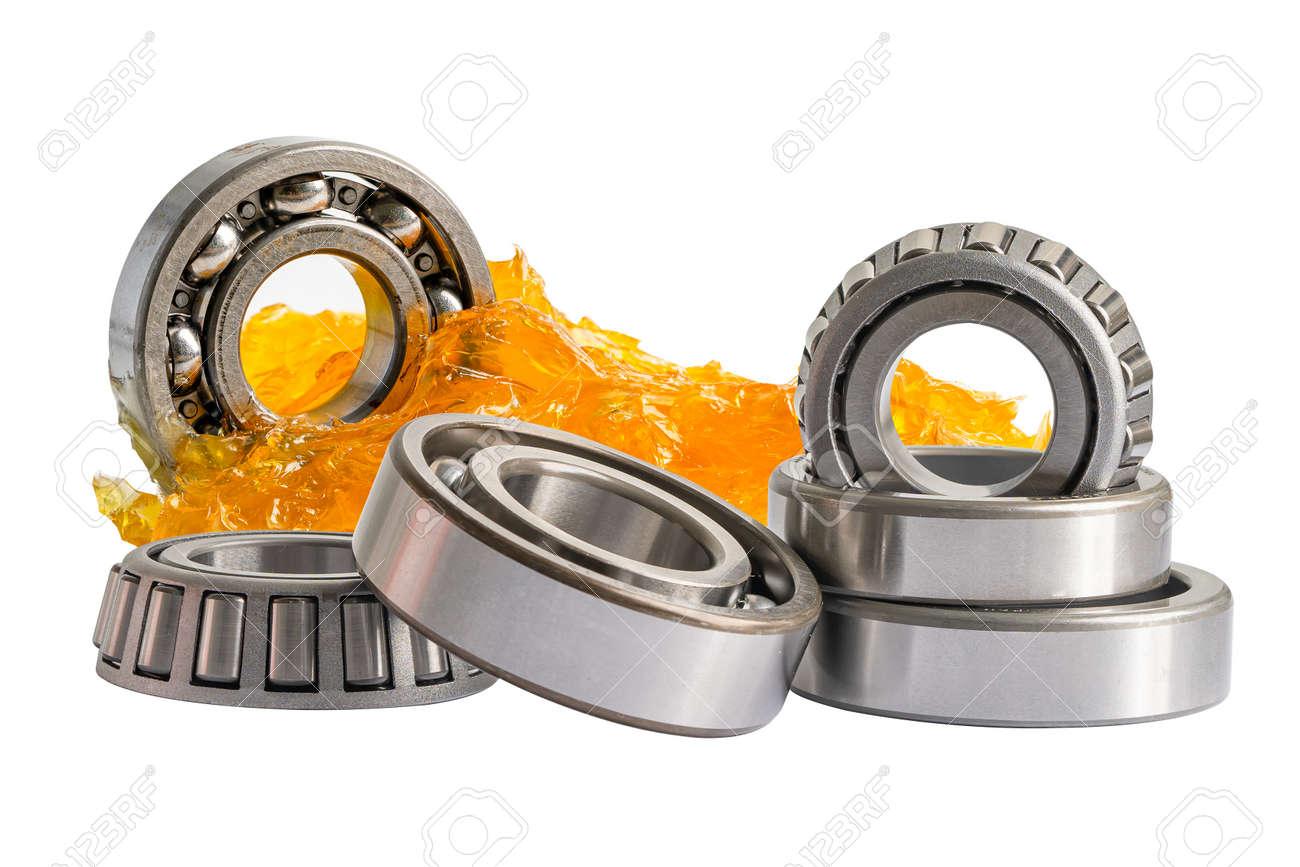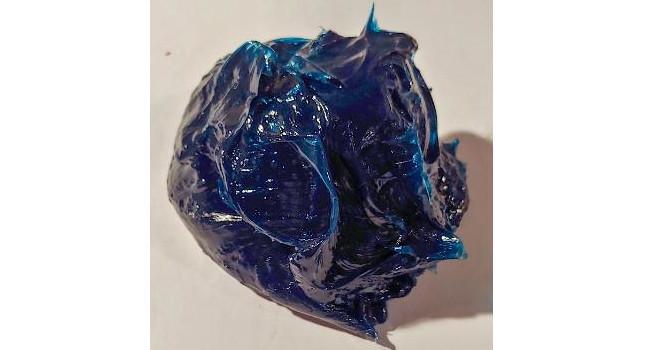
The danger of cross reference charts with oils
There are industry standard specifications for engine oils, gear oils, hydraulic oils, turbine oils, etc. Standardized specifications are wonderful for the end user, simplifying product choice and ensuring a certain level of performance. This also facilitates cross-referencing, and ultimately, a degree of product commoditization. Greases are different. There have been
